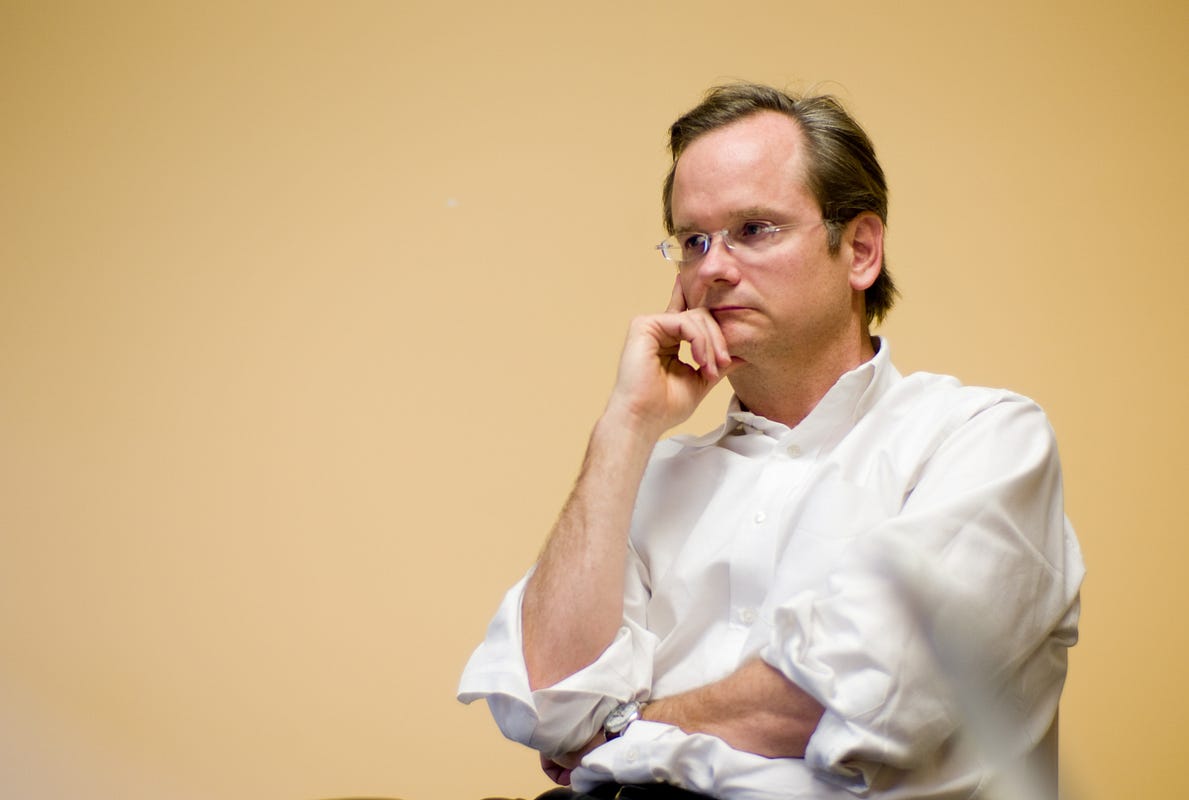The Represent.Us organization is conducting an initiative to obtain endorsements by small business owners of the provisions of the American Anti-Corruption Act. This initiative is set out at Represent.Us small business endorsement.
At the link, Represent.Us says:
The corruption in our political system is causing our elected officials to focus their time and effort to their campaign donors instead of serving their constituents. Represent.Us is building a grassroots movement to end this corruption.
We’re asking small businesses to sign on as endorsers of the campaign. 88% of small-business owners have an unfavorable view of the role money plays in politics, and now they're taking action by publicly endorsing our anti-corruption campaign.
We’re asking small-business owners to endorse the Represent.Us Campaign. Help us collect endorsements by reaching out to small-business owners in your community.
In my Congressional campaign in the AL 6th Congressional district, I tried to call the attention of the business community generally to its concerns about the country's economic recovery being threatened by "fierce political divide" and about Congress being a "primary culprit." See my campaign blog entry BhamBizJournal: "Congressional Inaction Could Derail Recovery".
As part of that, I sent communications to the Birmingham Business Alliance, the Business Council of Alabama and the U.S. Chamber of Commerce. These communications particularly submitted two ideas or concepts which I believed were worthy of consideration by the chambers in order to improve Congressional performance and the governance of the country by Washington DC.
This past week I joined helping Represent.Us with its small business initiative, with my own campaign. I sent to the Birmingham Business Alliance the email posted at Small business owners and money in politics. I will likely send similar emails in due course to more chambers of commerce locally. Depending on the reactions I get from chambers of commerce, I will then consider contacting small business owners directly.
I think MAYDAY supporters should consider this "line of charge" I am employing in the direction of the business community in my area, and whether the Represent.Us initiative offers a means to begin a similar "line of charge" in the direction of the business community in their area to aid their efforts to advance MAYDAY's goal in their locations.

